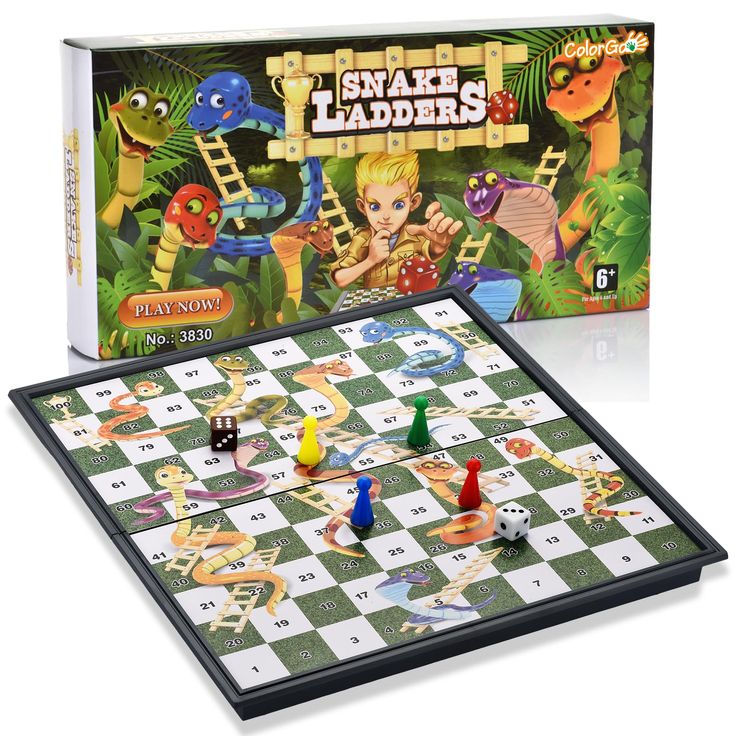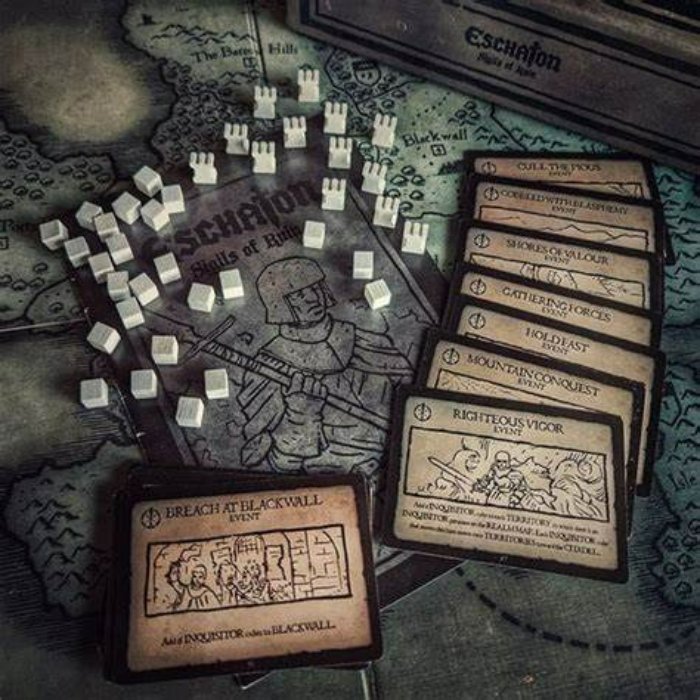What Makes a Board Game Complicated?
Understanding why some board games are labeled as the most complicated involves several factors. These games often test players’ patience, skills, and ability to manage complex strategies and rules.
Complexity in Game Mechanics
Game mechanics are the core of what makes a game function. In the most complicated board games, these mechanics can be intricate. They involve multiple layers of actions that players can take during their turn. These actions interlink in ways that can affect the outcome in variable and unexpected manners, making mastery a challenging feat.
Complexity in Rules
The rules in complex board games are usually extensive and detailed. Players might find themselves referencing the rulebook frequently. This can include rules for player interactions, scoring systems, or how different game pieces move. The complexity in the rules demands high attention to detail and a good memory to navigate successfully.
Complexity in Strategy
Strategy forms the backbone of challenging board games. Players must not only understand the basic mechanics and rules but also plan several moves ahead. Strategic complexity involves predicting opponents’ moves, optimizing resource management, and often adapting to dynamic game states. This level of strategic planning makes these games particularly engaging for those who enjoy deep, thoughtful play.

Historical Evolution of Complex Board Games
Board games have been evolving for centuries. This evolution often reflects society’s increasing appetite for mental challenge and strategic depth. To understand the intricacies of the most complicated board game today, we delve into the historical evolution of complex board games.
Early Examples of Complicated Board Games
History is rich with board games of complex nature. Ancient games like Go, originating in China more than 2,500 years ago, and Chess, which has roots in 6th century India, are early examples. These games set high standards for strategic depth. Both require players to think several moves ahead, and each turn could pivot the direction of the entire game. They boast simple rules but reveal complexity through play.
Development Through the Ages
As societies advanced, so did the complexity of board games. The Renaissance period saw the birth of games like ‘The Game of the Goose,’ which introduced the element of chance alongside strategic decision-making. The industrial era brought advances like ‘Railway Tycoon’, adding layers of economic strategy and resource management. More recently, games such as ‘Twilight Struggle’ and ‘Gloomhaven’ have pushed boundaries, featuring detailed narrative elements, asymmetrical play, and rich thematic content. These games show that complexity has grown not just in mechanics, but in storytelling and world-building, making them some of the most complicated board games of their times.
Identifying Features of Complex Board Games
To pinpoint what sets complex board games apart, certain features are consistently present. These defining traits elevate the gameplay experience and challenge the player in unique ways. Below, we explore two primary characteristics that are integral to the most complicated board games.
Role of Asymmetry
Asymmetry in board games means each player starts with different resources, abilities, or objectives. This feature creates a diverse range of strategies and elevates the challenge. Players must adapt their tactics to the unique situation they face, rather than relying on a single, one-size-fits-all strategy. Asymmetry ensures no two games are the same, heightening the replay value and complexity.
Depth of Strategic Elements
The depth of strategic elements refers to the layers of decision-making within a game. In the most complicated board games, each choice leads to a multitude of possible outcomes. Players need to analyze not just their immediate options, but also anticipate future moves and their long-term impact. This foresight requires deep critical thinking and can separate novice players from experts. The strategic depth encourages players to continuously learn and improve their gameplay to master the intricate system which makes complex board games endlessly engaging.

The Appeal of Complex Board Games
The allure of the most complicated board game extends far beyond mere entertainment. These games captivate minds and foster unique social environments. We’ll explore how they challenge cognitive abilities and enhance community interactions.
Cognitive Challenges
Complex board games serve as excellent brain exercises. They require players to employ advanced cognitive skills. Critical thinking, problem-solving, and memory are essential. Players often need to recall detailed rules and numerous game scenarios. They must strategize over multiple turns, predicting outcomes and planning contingently. This mental rigor helps in sharpening cognitive functions.
Social Interaction and Community Building
Beyond mental challenges, complex board games are pivotal in building social bonds. They provide a platform for regular face-to-face interaction. This is vital in an increasingly digital world. These games typically require multiple players and encourage teamwork, negotiation, and diplomacy. Often, they lead to the formation of tight-knit gaming communities. These groups come together for regular game sessions, discussions, and tournaments, fostering a sense of belonging and friendship among enthusiasts.
Current Most Complicated Board Games
In the realm of board games, complexity can be a badge of honor.
Analysis of Top Complex Board Games in the Market
The market boasts several titles vying for the title of the most complicated board game. Each game offers a rich blend of strategy, rules, and mechanics that challenge even seasoned players. A few top contenders include ‘Campaign for North Africa’, renowned for its daunting rulebook and depth of play. Others like ‘Advanced Squad Leader’ demand meticulous attention to detail and intricate planning. ‘War of the Ring’, with its blend of strategy and narrative, also ranks high in complexity.
These games share commonalities like lengthy playtimes, elaborate game pieces, and extensive player guides. Players must commit substantial time and mental energy to understand and enjoy these epic experiences. To appreciate the full depth, gamers often revisit rules and strategies.
Case Studies: Gameplay and Strategy
Considering case studies helps us appreciate the intricacies involved. Games like ‘Twilight Imperium’ involve diplomatic negotiation, resource management, and military tactics. Players need to balance a variety of strategies while contending with other players’ actions, making no two games alike.
In ‘Through the Ages: A New Story of Civilization’, players guide their civilizations from antiquity to modern times. Here, strategic layering is key, as every decision impacts the civilization’s trajectory. The strategies are deeply woven into the game’s fabric, and mastering them takes dedication and patience.
These case studies showcase how the most complicated board games demand a blend of long-term planning, precise execution, and adaptability. The intricate nature of these games ensures that the path to victory is as rewarding as it is challenging.

Planning and Organizing Game Sessions for Complex Board Games
The most complicated board game not only offers deep strategic gameplay but also demands careful planning and organization for game sessions. These board games require more than just setting up a board; they call for thorough preparation and time management to ensure that all players have a rewarding experience. Below are some key considerations to keep in mind when planning and running a session of a complex board game.
Preparations Required Before the Game
Preparing for a complex board game goes beyond knowing the rules. Here are the steps one needs to take before the game begins:
- Study the Rulebook: Each player should have a basic understanding of the game rules to reduce slowdowns during play.
- Set Expectations: Discuss the game’s duration and complexity so all players are on the same page.
- Prepare the Gaming Area: Ensure a large, comfortable space conducive to long play sessions.
- Game Components Organization: Pre-arrange game pieces and materials for easy access.
- Player Briefing: Give a quick guide or summary to players unfamiliar with the game.
- Snacks and Breaks: Plan for snacks and scheduled breaks, especially for longer games.
Managing Game Time and Engagement
Once the game begins, it’s important to keep things moving smoothly. Consider these tips:
- Time-Keeping: Use a timer or agree on turn limits to maintain pace.
- Engagement: Keep all players engaged, even when it’s not their turn, to avoid distractions.
- Check-Ins: Periodically assess if everyone is enjoying the game and address any concerns.
- Flexible Scheduling: Be open to adjusting game time based on player availability and endurance.
Organizing a session for the most complicated board game might seem daunting, but the satisfaction and enjoyment it brings can make all the preparation worthwhile. By focusing on the key areas of preparation and time management, you are setting the foundation for a successful and enjoyable gaming experience.